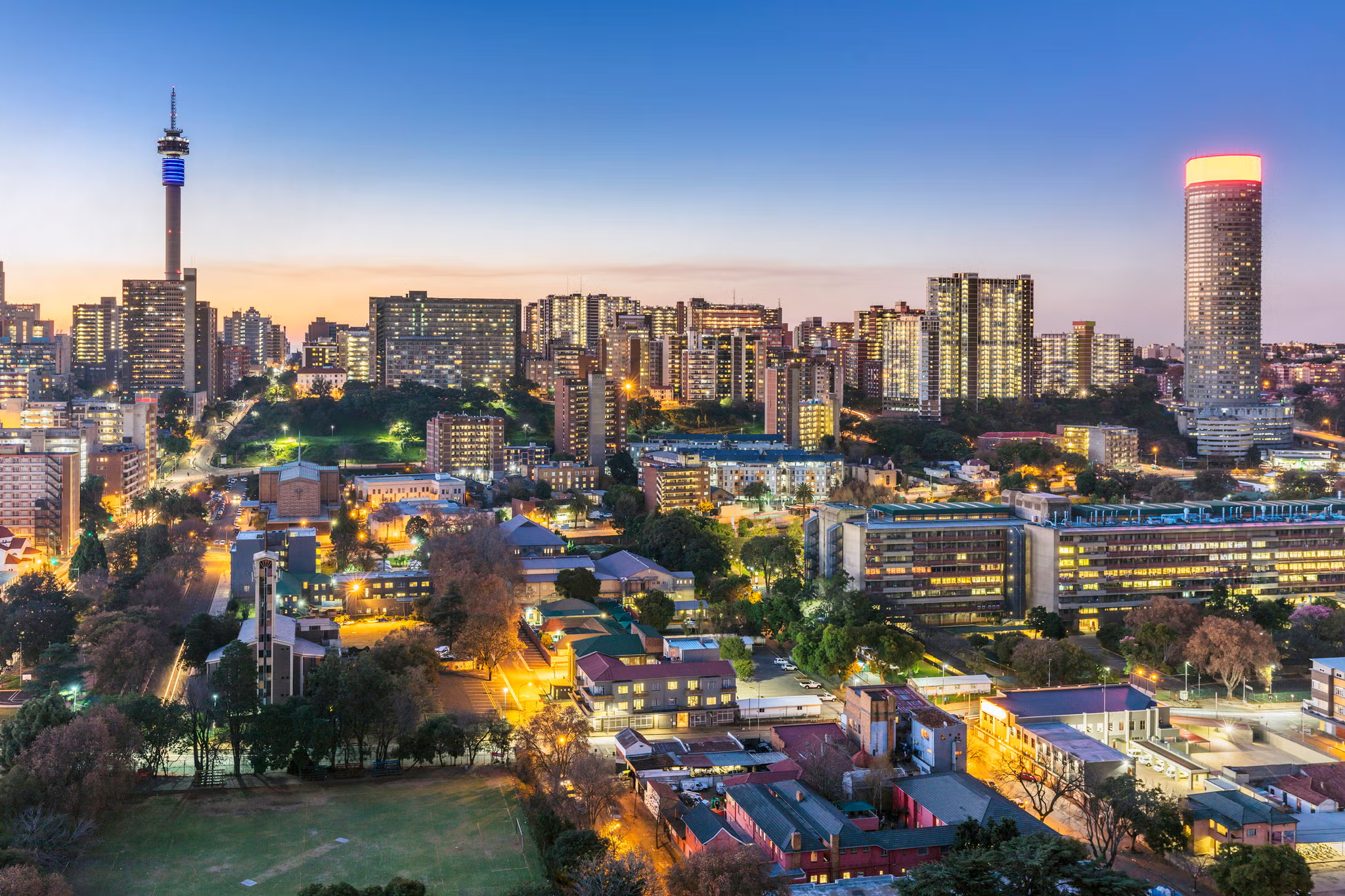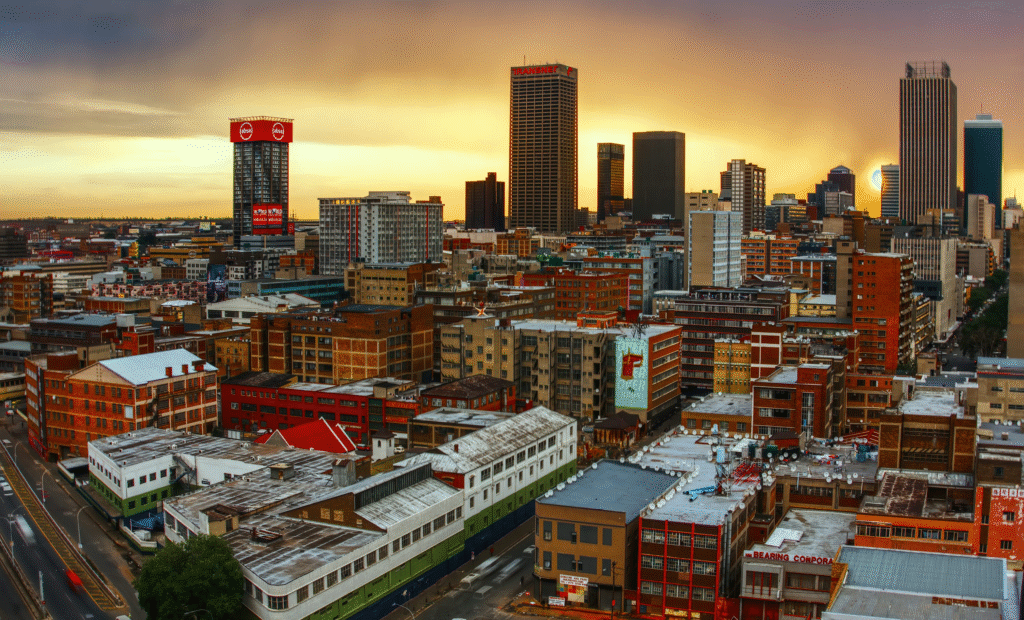Mining in Johannesburg, South Africa

Johannesburg, often referred to as the “City of Gold,” has long been at the heart of South Africa’s mining industry. Founded in 1886 after the discovery of gold on the Witwatersrand Ridge, the city grew rapidly into one of Africa’s most important urban centers. Today, while the prominence of gold mining has shifted, the legacy of mining remains deeply embedded in the city’s identity, economy, and culture.
The History of Mining in Johannesburg
The discovery of gold in 1886 led to a massive influx of people from across the world, transforming a small farming community into a bustling metropolis. The Witwatersrand Gold Rush not only made Johannesburg a global mining hub but also laid the foundation for South Africa’s modern economy.
Over the decades, the city became synonymous with deep-level gold mining, with mines extending hundreds of meters underground. At its peak, South Africa was the world’s largest producer of gold, and Johannesburg was the epicenter of this global industry.

Current State of Mining in Johannesburg
While large-scale gold mining has declined due to rising operational costs and deeper, less economically viable deposits, Johannesburg still plays a key role in the mining sector. Many of the city’s surrounding areas, such as the Witwatersrand Basin , continue to host active mining operations.
Today, the focus has shifted towards:
- Platinum and PGMs (Platinum Group Metals) : Major mining companies like Lonmin and Anglo Platinum operate in the region.
- Coal and Base Metals : Mining activities in nearby areas support energy and industrial needs.
- Artisanal and Small-Scale Mining : Some communities still engage in informal mining, though it comes with challenges related to safety and regulation.

Economic and Social Impact
Mining has historically been a major employer in Johannesburg, providing jobs for thousands of workers. However, the decline of large-scale gold mining has led to economic shifts, with many former miners transitioning to other industries or facing unemployment.
At the same time, the mining legacy has shaped the city’s development, influencing its architecture, labor movements, and social structures. The South African National Museum of Mining in Boksburg offers a glimpse into the city’s rich mining history.

FAQs
Q: Is there still mining in Johannesburg?
A: Yes, while large-scale gold mining has declined, mining activities continue in surrounding areas, particularly in platinum, coal, and base metals.
Q: What is the significance of Johannesburg in South Africa’s mining history?
A: Johannesburg was founded due to the discovery of gold and became the center of South Africa’s mining industry, shaping the country’s economy and society.
Q: Are there job opportunities in mining in Johannesburg today?
A: While the number of jobs in traditional gold mining has decreased, there are still opportunities in other sectors like platinum, coal, and engineering roles.

